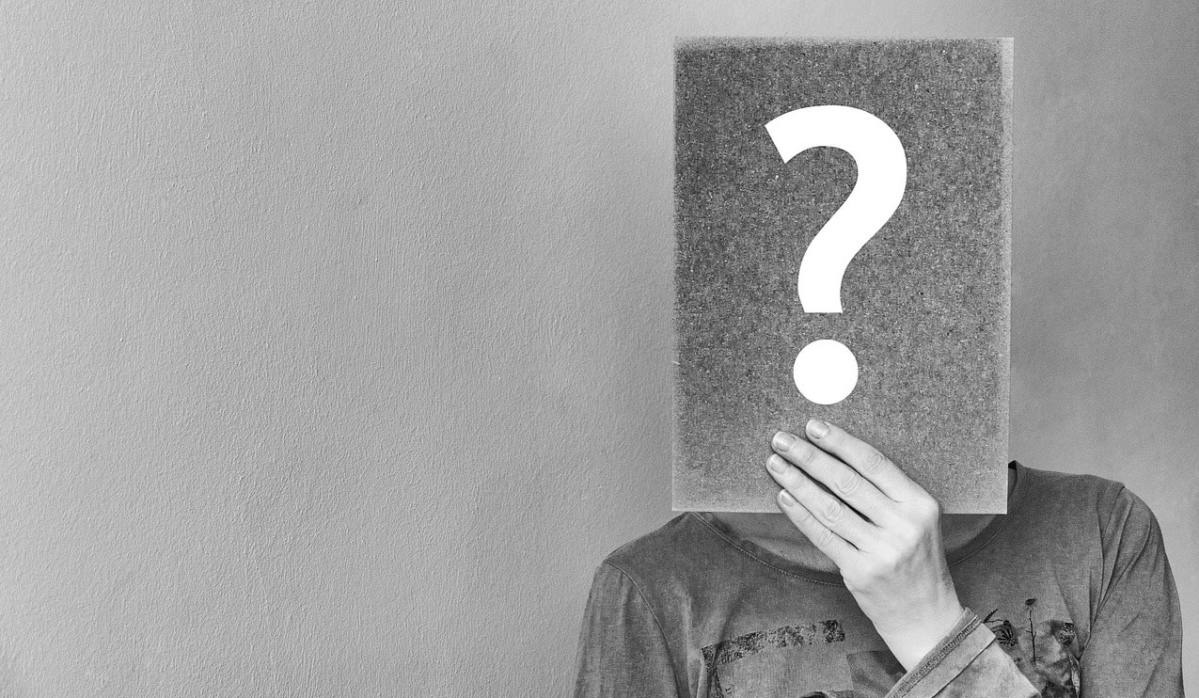With Barbie not nominated for Best Picture and Greta Gerwig missing from the Best Director nominees. a behavioral economist could blame the patriarchy.
Let’s take a look.
The Film Industry Patriarchy
The idea of a patriarchy takes us to the social institutions that men “design, defend, and enforce.”
At Home
Reflecting the patriarchy, women typically spend more time on household activities. According to a 2023 Pew Report, among four of the five kinds of heterosexual marriages, women do more of most household responsibilities. Even if the marriage is egalitarian or the wife earns 60 percent of the couple’s income, still her husband does less. And predictably, when the husband is the sole or primary breadwinner, caregiving, shopping, cleaning at home are not his concern. Only when she is the sole person earning an income, will her mate do the household stuff.
Asking why, Pew tells us that it still is about traditional values. Surveys reveal that society minimally values men’s contributions to household responsibilities, especially when compared to work outside the home. By contrast, what women do at work and at home are valued more equally. In addition, approximately half of the Americans who were polled by Pew said married men prefer to earn more than their wives.
At the Movies
Similarly, film industry statistics reflect patriarchal power. When directing our lens at directors, writers, producers, and composers, we see far fewer women than men:

Consequently, we can ask if the Barbie exclusion reflected the pervasiveness of the patriarchy in the film industry.
Our Bottom Line: Behavioral Economics
Economist Nancy Folbre can help us grasp why the film industry’s male bias remains. Although much of her research discusses the patriarchal systems that shape household inequity, the Oscar nominees could be comparable. The reason relates to the powerful infrastructure of men that controls resources at home and in “Hollywood.” Faced with the pressure to change, existing networks would have to employ new people and procedures. As Folbre says, the labyrinth of traditions that lead to gender inequity is tough to unravel.
Does the film industry have a labyrinth of patriarchal traditions (and relationships) that influenced Barbie’s Best Picture and Greta Gerwig’s director omissions? I truly think it is a possibility.
My sources and more: Among the many media that cite the Barbie snub, Business Insider and Ms. have the facts and CNN, the bigger picture. Next, always handy for their research, Pew and the American Time Use Study were my main sources of facts about household responsibilities. Then, Nancy Folbre gives us a potential framework for understanding male bias in The Rise and Decline of Patriarchal Systems and her Bruegel interview, where we see the challenge of change. And finally, but most crucially, USC’s Inclusion Initiative scholar Stacy Smith had the industry data.
Related
Publisher: Source link











